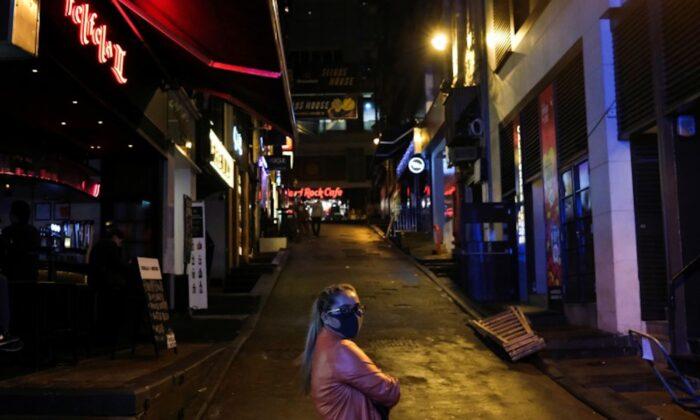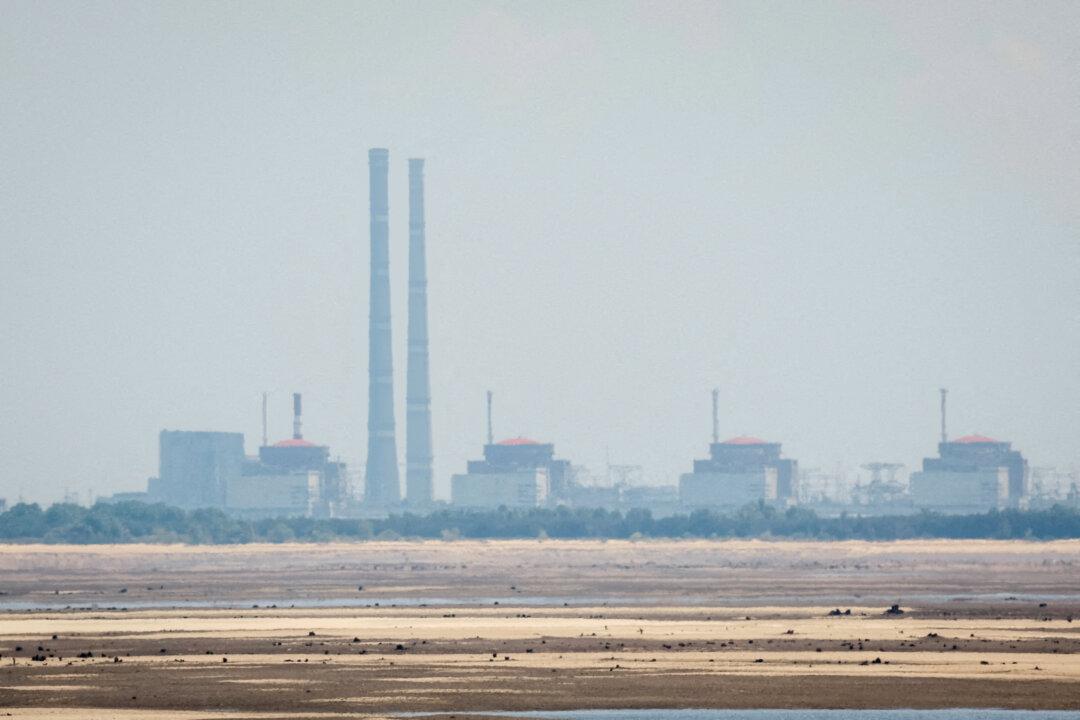HONG KONG—Hong Kong said on March 23 it’s stopping all tourist arrivals and transit passengers at its airport and plans to suspend the sale of alcohol in some venues, joining cities around the world in the battle to halt the CCP virus.
In addition to the new travel restrictions, Hong Kong leader Carrie Lam said the government plans to curb alcohol sales at more than 8,000 bars and restaurants, an extraordinary move in a city that never sleeps.
Lam said many people take off their masks in bars and “even have intimate acts when they are tipsy,” increasing the risk of cross-infection.
“So, we are going to suggest, as it requires legislative work, around 8,600 restaurants, bars, and clubs with liquor licenses to temporarily suspend the sale of alcohol by amending the law,” Lam, who was wearing a face mask, told a news conference.
“We are investigating any further measures we can do rather than a complete closure of restaurants, as we know many Hong Kong residents do not cook at home and often dine out.”
Alcohol would be available in supermarkets and convenience stores across the city.
The city government announced 39 new cases of coronavirus on March 23, 30 of which had a recent travel history, bringing its total to 357. Four people have died of the disease in Hong Kong.
The measures come two days after the government warned a spike in the number of people returning to the region infected with the CCP virus could lead to a large community outbreak.
The ban on tourist arrivals would last for 14 days from March 25.
Late on March 22, Hong Kong said it was investigating 41 instances of people violating quarantine, including five people who could face prosecution. Two had removed or cut off electronic wristbands used to track people, the government said.
Hong Kong last week began using the electronic wristbands linked to an app as part of its effort to enforce the quarantine.






Friends Read Free